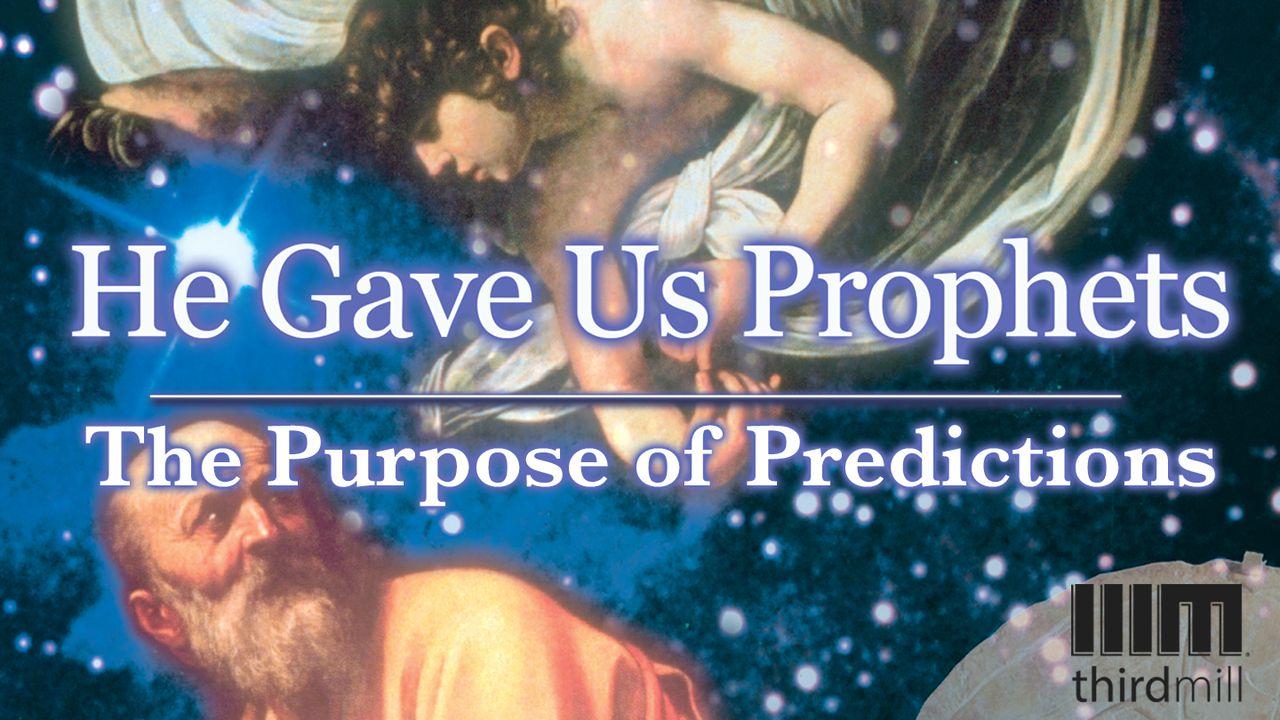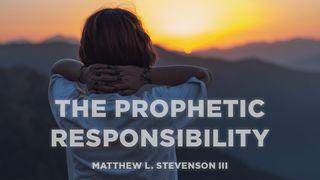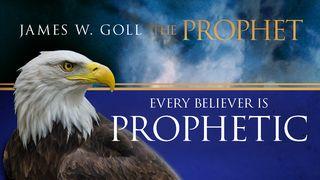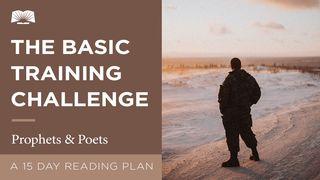He Gave Us Prophets: The Purpose of PredictionsSample

Example #5: 2 Samuel 12
If it is a misconception to think that prognostication was the main goal of prophecy, then what was the main purpose for prophetic predictions? Simply put, the prophets spoke of a future primarily to motivate or to activate their listeners. Another way to put it was that the prophets did not want so much to inform their listeners about the future as much as they wanted to activate their listeners to form the future.
To understand this outlook on prophetic predictions, it will help to look at the way Old Testament believers responded to the predictions of prophets. First, we will see what we call the “Who knows?” reaction; and then second, we’ll see what we may call the “twofold” reaction. These reactions of the people of God will help us see the goals of prophetic predictions more clearly.
In the first place, we should look at the “Who knows?” reaction. On three occasions in the Old Testament, when people heard a prophetic prediction, they had a reaction that may seem strange to us. Instead of saying, “Well, now we know what the future holds,” they said, “Who knows?” or, as they said in Hebrew, mi yode‘a (יוֹדֵ֔עַ מִ֣י).
This “Who knows?” reaction took place in three situations worth noting. First, when Nathan confronted David over his adultery with Bathsheba, he made this prediction to him in 2 Samuel 12:14:
Because by doing this you have made the enemies of the Lord show utter contempt, the son born to you will die.
Nathan predicted that David’s son would die, and as we find out, he did. But David later explained to the people in his court what he was thinking after Nathan had given his prediction, but before the child had actually died. He says these words in 2 Samuel 12:22:
While the child was still alive, I fasted and wept. I thought, “Who knows? The Lord may be gracious to me and let the child live.” But now that he is dead, why should I fast?
Instead of accepting the prophetic word as inevitable, David still wondered if the prediction could be averted through prayer and repentance. His efforts did not work because his son died anyway, but David’s attitude is clear. Until the child actually died, David held out hope, the hope of “Who knows?”
The “Who knows?” reaction leads us to a broader understanding of the goal of Old Testament prophecy. The prophets expected and hoped for a two-fold reaction to their predictions. On the one hand, the prophets knew that there was one way to ensure that a threatened judgment would take place, if not grow worse. This way was to ignore the warning of a prediction and to remain in rebellion against God. At the same time, when prophets announced that God had decided to send a covenant judgment against His people, they wanted the people to turn to God in hopes that the judgment might be removed. Repentance and trust in Yahweh was the only hope for avoiding the judgment of God. On the other side, when prophets gave oracles of blessing, they also wanted to incite reactions from their readers. They could be sure that flagrant rebellion against God might remove the predicted blessing and replace it with judgment, but continued faithful living would bring the promised blessing for sure.
Put simply, the prophets gave their predictions of judgment and blessings to encourage their listeners to seek to avoid judgment and to accelerate the blessings of God by their actions. In this way, the goal of prophetic predictions was not primarily to prognosticate, but to activate the people of God in the service of the Lord.
Click here to watch He Gave Us Prophets: The Purpose of Predictions, lesson seven in the series He Gave Us Prophets. thirdmill.org
Scripture
About this Plan

This reading plan explores four topics related to prophetic words about the future: God's sovereignty, human contingencies, degrees of certainty, and desired outcomes.
More
We would like to thank Third Millennium Ministries for providing this plan. For more information, please visit:
http://thirdmill.org
Related Plans

The Prophetic Responsibility

The Prophet - Every Believer Is Prophetic!

Generosity

Eternal Blessings, Now

Praying Jesus' Names: The Morning Star

And The Gentiles Shall Come To Thy Light

The Basic Training Challenge – Prophets And Poets

The Lord's Prayer

Through the Word: Knowing God, Making Him Known
